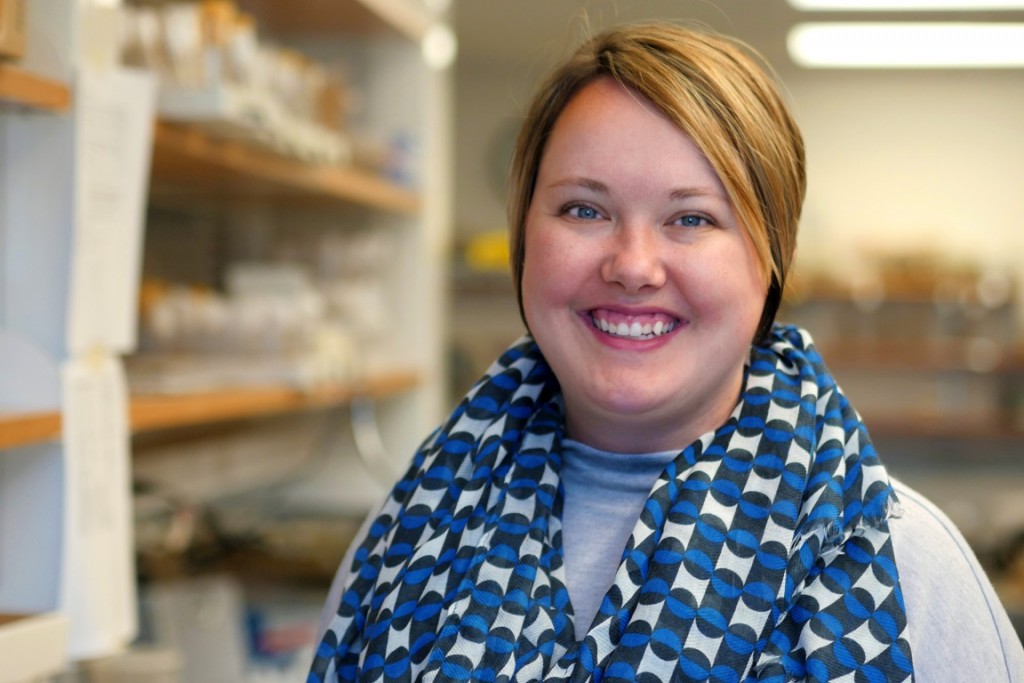Engaging Youth to Sustain the Longevity of the Olympics: Q&A With Professor Jeeyoon Kim
The 2024 Paris Olympics is almost underway. The glory for the world-class athletes and the excitement for the spectators make for a riveting Games—crucial for the success of these Olympics and, more importantly, for the longevity of the Games. That…


